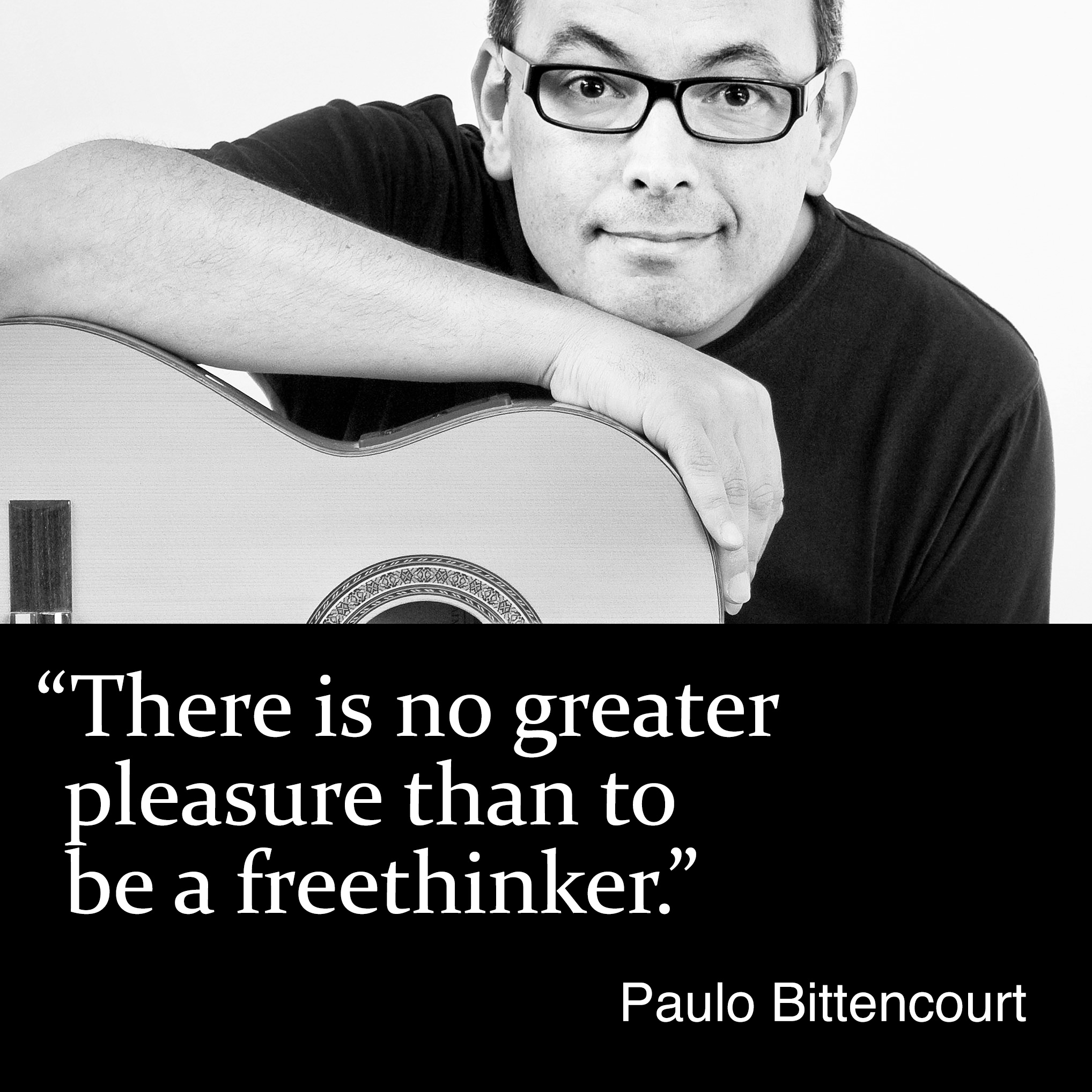Paulo Bittencourt’s Biography

Professional Qualification
As a boy, Paulo Bittencourt dreamed of becoming a comic book and animation artist. At the age of thirteen, he worked afternoons as an illustrator at a newspaper and a graphic arts company in his hometown, Castro, in Brazil.
In 1989, after five semesters at a Faculty of Theology in São Paulo, he had doubts about becoming a pastor, abandoned his studies and moved to Europe, living temporarily in Portugal, France, England and Germany until, the following year, going to study German in Austria, where he settled.
In 1992, without any musical training, he passed the entrance test for the Faculties of Solo Singing and Opera of the Conservatory of the City of Vienna. In his final examination, he performed Count Almaviva, in the opera The Marriage of Figaro, by Wolfgang Amadeus Mozart.
Professional Activity
During his studies, Paulo Bittencourt sang in professional choirs, with performances in Austria, Israel, Italy, Japan and the United States, such as the Concentus Vocalis Choir and the Israel Philharmonic Orchestra, under the baton of Theodor Guschlbauer, in Tel Aviv and Jerusalem, the Arnold Schoenberg Choir and the Vienna Philharmonic Orchestra, under the baton of Seiji Ozawa, at the Vienna Konzerthaus and at the Carnegie Hall, in New York, and an independent production of Jacques Offenbach’s Orpheus in the Underworld, with a month-long tour of Japan.
As a soloist, he gave recitals in the Schubert Hall of the Vienna Konzerthaus, with works by Heitor Villa-Lobos, and in the Bösendorfer Hall, in Vienna, with works by Villa-Lobos and Oscar Lorenzo Fernández. He performed in various theaters, such as the Stadttheater Baden, in Austria, and the Vienna Akzent Theater, playing The King, in Carl Orff’s Die Kluge, The Father, in Engelbert Humperdinck’s Hansel and Gretel, Figaro, in Gioachino Rossini’s The Barber of Seville and Guglielmo, in Mozart’s Così Fan Tutte.
In 1995, he was hired by the largest German-language theater, the Vienna Burgtheater, where he sang and acted in plays such as Bertolt Brecht’s The Threepenny Opera, Offenbach’s Orpheus in the Underworld, Elfriede Jelinek’s Ein Sportstück, and William Shakespeare’s Troilus and Cressida.
Self-taught on the guitar, he is an interpreter of the bossa nova↗︎ classics, such as the compositions by Antônio Carlos Jobim and Vinicius de Moraes and the songs by Chico Buarque.
As a voice-over artist, he narrates corporate videos of international companies, such as Plasser & Theurer, TGW Logistics, Doka and Lyoness.
As a photographer, his favorite subjects are street photography, portraits and landscapes. He was hired to photograph an orchestra and a famous opera singer during one of her performances at the Vienna Volksoper.
Books
Paulo Bittencourt sees himself as a freethinker and is the author of the books Liberated from Religion, Wasting Time on God and Com Zeus Não Se Brinca (Zeus Is Not to Be Played With).
Videos
Paulo Bittencourt disseminates Freethought also through his YouTube channel↗︎.
Fight Against Discrimination
In 2015, after having lived for 25 years in Austria, Paulo Bittencourt decided to be naturalized Austrian and discovered that permanent residence and perfect mastery of German were no longer enough. Some years before, the law had been hardened to require foreigners to have a high income. Under the new law, 70% of Austrians themselves wouldn’t have the means to become naturalized. In view of this obvious incoherence, which, on top of that, is discriminatory, since it prevents legalized and integrated immigrants from participating in the democratic process (voting), he was the subject of several TV, radio, newspaper and magazine reports. A speech about his case was delivered in the Austrian Parliament. SOS Mitmensch, an Austrian human rights organization, put up posters with his picture all over Vienna. Not long afterward, he became a citizen of Austria.
Da, da, da, daaaaa…
Paulo Bittencourt researched the origin and meaning of his family name and was amazed by what he discovered.